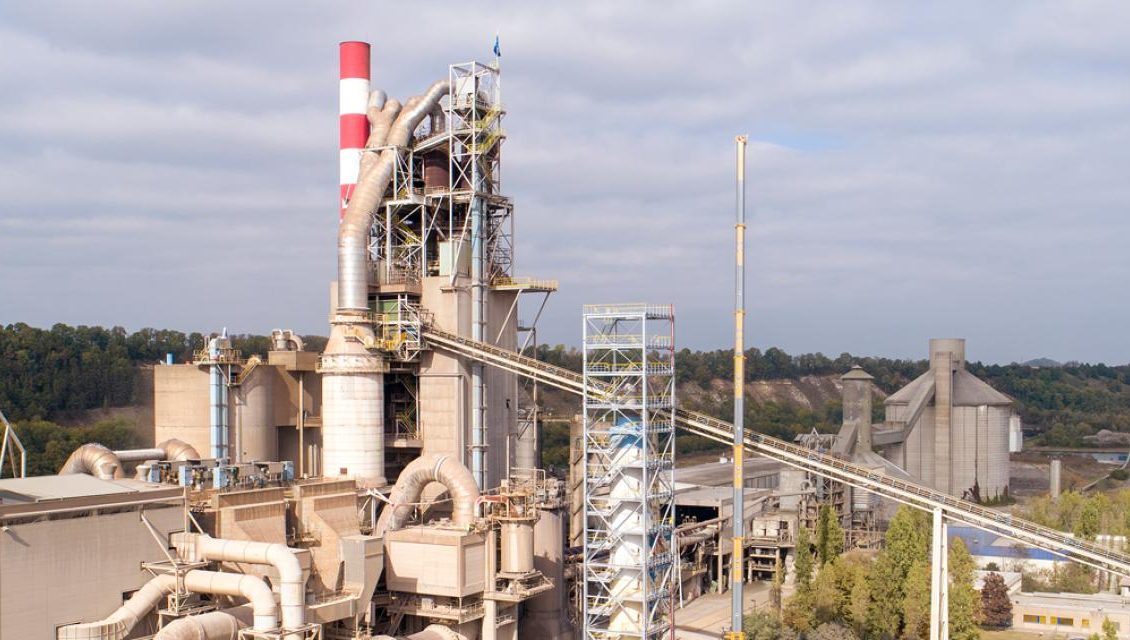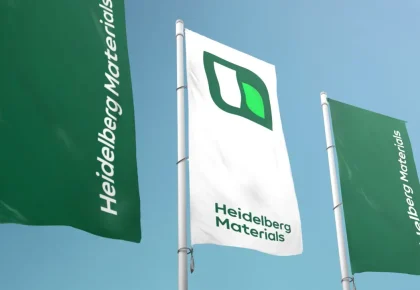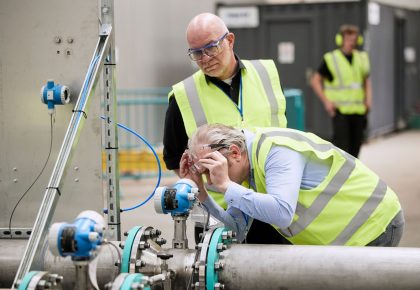
- Heidelberg Materials has signed an indefinite global licence agreement with the technology company Leilac, enabling the further scale-up of the joint CCUS activities
- Their technology offers a capture solution for unavoidable CO2 process emissions from cement production
- Piloting future-oriented CCUS technologies is a key element of Heidelberg Materials’ decarbonisation strategy
As part of the continued expansion of its broad portfolio of CCUS technologies, Heidelberg Materials has signed an indefinite global licence agreement with the technology company Leilac, a Calix subsidiary. The agreement sets out the terms of use for the company’s carbon capture technology in Heidelberg Material’s operations. Leilac provides a highly efficient, low-cost capture solution for unavoidable CO2 process emissions in cement manufacturing. The agreement is the result of a longstanding, close collaboration between the two partners, and a key milestone in the development and commercialisation of the Leilac technology.
“Heidelberg Materials and Leilac have been successfully collaborating since 2014, further expanding our options to decarbonise the cement production process,” said Dr Dominik von Achten, Chairman of the Managing Board. “Now we can implement this groundbreaking technology at a larger scale. Adding it to our portfolio of carbon capture technologies, we will be even better positioned to make custom-fit technology decisions at each site. The licence agreement enables us to scale-up the Leilac technology at very good commercial terms and based on a trusted partnership.”
Leilac CEO Daniel Rennie said: “Scalable and low-cost decarbonisation technology solutions for cement and lime are essential to ensuring a just transition to net zero that balances social, economic, and environmental sustainability. Our work with Heidelberg Materials, and the innovative commercial agreement that has been reached, are major steps in the right direction.”
Heidelberg Materials’ climate strategy follows a bottom-up approach, with individual CO2 roadmaps and emission reduction measures defined on country and site levels. To gain experience with a maximum of promising, future-oriented CCUS technologies, Heidelberg Materials follows a gradual approach based on research cooperations and demo installations at carefully chosen locations. Leilac is one of several technologies that Heidelberg Materials currently develops at large scale at various plants around the globe.
The Leilac technology can be implemented at cement plants with minimal operational impact. Leilac1, located at Heidelberg Materials’ plant in Lixhe, Belgium, is a pilot facility supported by EU funding, with a capacity to capture 25,000 tonnes of CO2 p.a. The follow-up project Leilac2, also EU funded and due to commence construction in 2023, will be located at Heidelberg Materials’ plant in Hanover, Germany, with an estimated capture capacity of 100,000 tonnes of CO2 p.a. Both projects pave the way for future full-scale deployment of the LEILAC technology.
Heidelberg will speak at CarbonZero Global Conference and Exhibition on November 10-11 in Lisbon. Get your tickets at carbonzero@industrylink.eu and https://bit.ly/3FmTO0s




